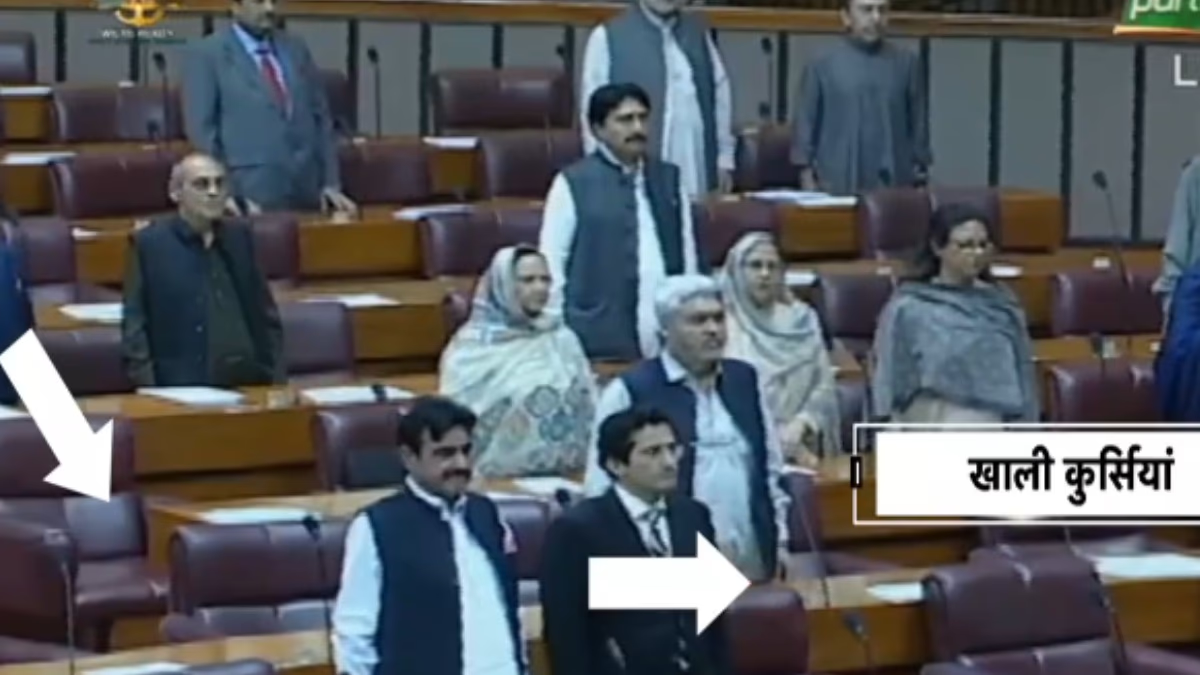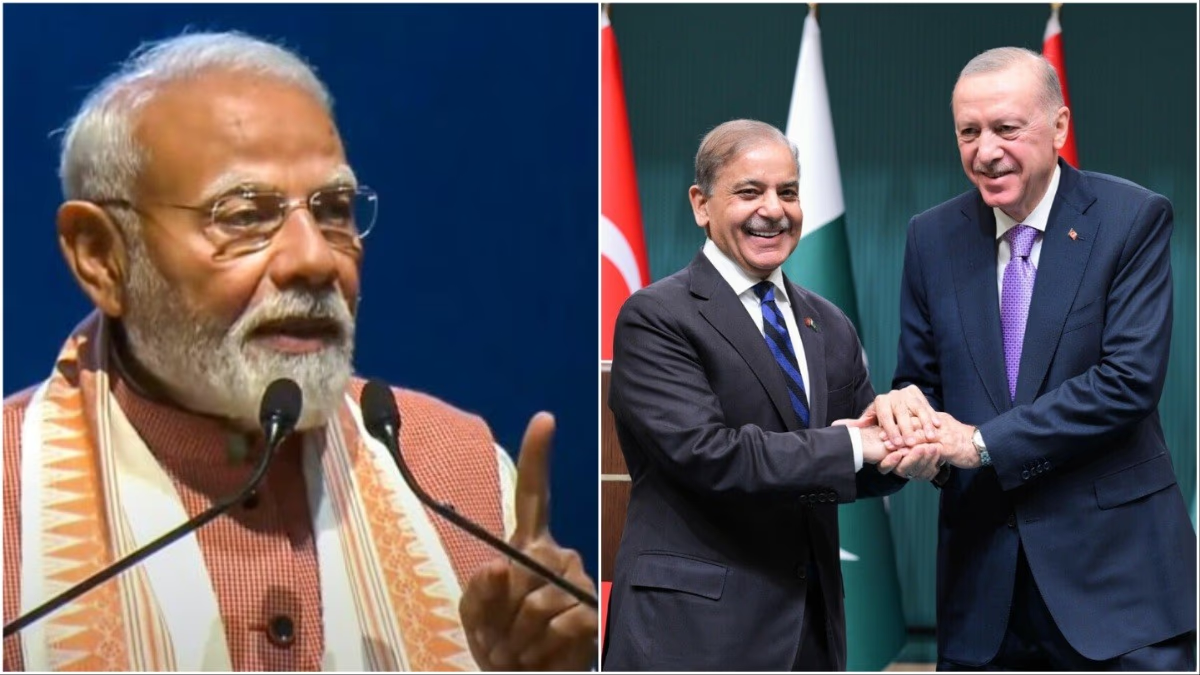Much like every Indian is thinking, Pakistan speculates when India might strike. This constant looming threat disrupts sleep across the nation, as their lawmakers convene special sessions merely to vent these fears. Such is the intense apprehension that even amidst a special assembly session called on a Monday evening at 5 PM to deliberate on India's potential actions after the Pahalgam incident, the presence was sparse. Lawmakers, usually vocal on now-empty platforms, opted for silence on the day of this critical discussion, avoiding any antagonistic remarks against India or its forces.
Pakistani legislators are acutely aware that a confrontation from India is inevitable; the suspense lies in the timing of the impending attack.
Statement from Sher Afzal Khan Marwat
Sher Afzal Khan Marwat, a member of Imran Khan's Pakistan Tehreek-e-Insaf, quipped that if attacked, rather than fighting, he would flee to England.
Fear of War in Pakistan
Not just political leaders, but even military officials have relocated their families abroad, anticipating that any conflict with India would bring dire consequences within just four days, given the perceived lack of military capability.
Pakistan's Ammunition Stockpile
Reports indicate that Pakistan's ammunition reserves would last only four days. Urgently needed cash led the government to sell its weaponry to Ukraine, a deal facilitated by a US company valued at approximately 78.43 billion rupees.
The sale included 155mm artillery shells, leaving Pakistan short of ammunition for its M-109 howitzer artillery.
Pakistan Ordnance Factories, the main supplier of arms to the Pakistani military, have aged machinery, slowing weapon production substantially. These concerns were heavily debated in a special core commanders' conference just a few days ago.
Read Also: India's Triumph: Successful MIGM Mine Sea Test Rattles Pakistan Further!
Pakistan's Predicaments and Global Pressure
Panic ensues within Pakistan's military over how they would confront India without ammunition. The uproar began over the necessity of selling arms to Ukraine under international pressure, leaving them ill-equipped for war. The US and Britain encouraged Pakistan's sales, dangling the incentive of removal from the FATF gray list. Burdened by debt and desperation, Pakistan sold most of its ammunition to Ukraine, further entangling its position.
Confession from Pakistan’s Defense Minister
Defense Minister Khawaja Asif admitted in an interview that Pakistan has supported terrorists, implicating US and UK coercion. This statement is seen as a diplomatic tactic to pressure these nations to deter India from initiating hostilities. Pakistan's military angst worsens, fearing a comprehensive conflict might force them to capitulate in just 96 hours, compounded by finances strained beyond the capacity to procure new armaments.
Read Also: 'India Could Strike LoC Anytime,' Panic Spreads After India's War Preparations Impact Pakistan!
Pakistan's Economic Status and War Expenses
A large-scale conflict between India and Pakistan could entail daily expenses of 210 billion rupees. Consider Pakistan's total GDP of 32 trillion rupees against India's substantial 336 trillion rupees, with respective defense budgets of 66,315 crore rupees against a far greater Indian allocation of 681,000 crore rupees – reflecting a tenfold advantage. Given warfare's daily costs, Pakistan's strained economy struggles to afford keeping its military on high alert daily amidst these heightened tensions, costing an additional 2.7 billion rupees per day – an unsustainable expenditure.




